
Canada is calling for urgent action to boost production of artillery shells due to big shortage
Canadian servicemen are calling for urgent action to boost production of critical artillery rounds due to their shortage.
This is reported by CBC.
Gen. Wayne Eyre, chief of the defence staff, has recently told a House of Commons committee that their 155mm ammunition shortages reached a crisis state, noting that if this continues, some NATO countries will need to use the last of them for training.
Also, this week, Admiral Rob Bauer, head of NATO’s military council, warned that “the bottom of the barrel is now visible” in terms of how much ammunition the alliance has available to transfer to Ukraine, as well as use for training by its own and NATO forces.
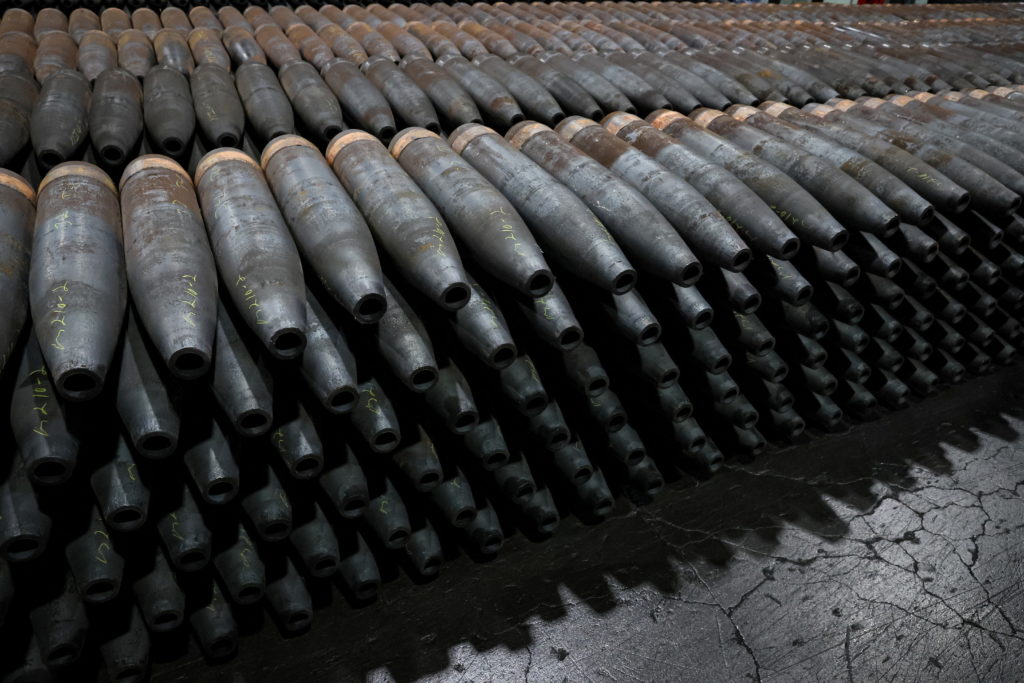
Despite collective bargaining agreements to increase the production of 155-mm shells, the Canadian government has yet to reach its own deal to boost the supply of shells.
“I am very concerned about our ammunition stocks. NATO high-readiness forces ask us to have what’s called 30 days of supply,” said Gen. Wayne Eyre, chief of the defence staff.
In addition, he noted that if the Canadian army used artillery with the same intensity, it would take years for the country to replenish the shells it would have fired in a few days.
“If we were to consume munitions at the same rate that we’re seeing them fired in Ukraine, we would be out in some cases in days and it would take years to restock,” said Gen. Wayne Eyre.
And this is not surprising, because according to Canadian officials, Ukrainian forces are reportedly firing as many as 5,000 rounds of artillery per day. The general criticized the lack of investment in the purchase of shells and the low occupancy of depots, which is why such problems are now arising.
The monthly production of 155-mm shells in Canada amounted to about 4,000 shells in 2022, with General Dynamics Ordnance and Tactical Systems Canada (GDOT-C) being the main producer. Since February 22, 2023, Canada has not produced a single artillery shell which undermines the country’s security.
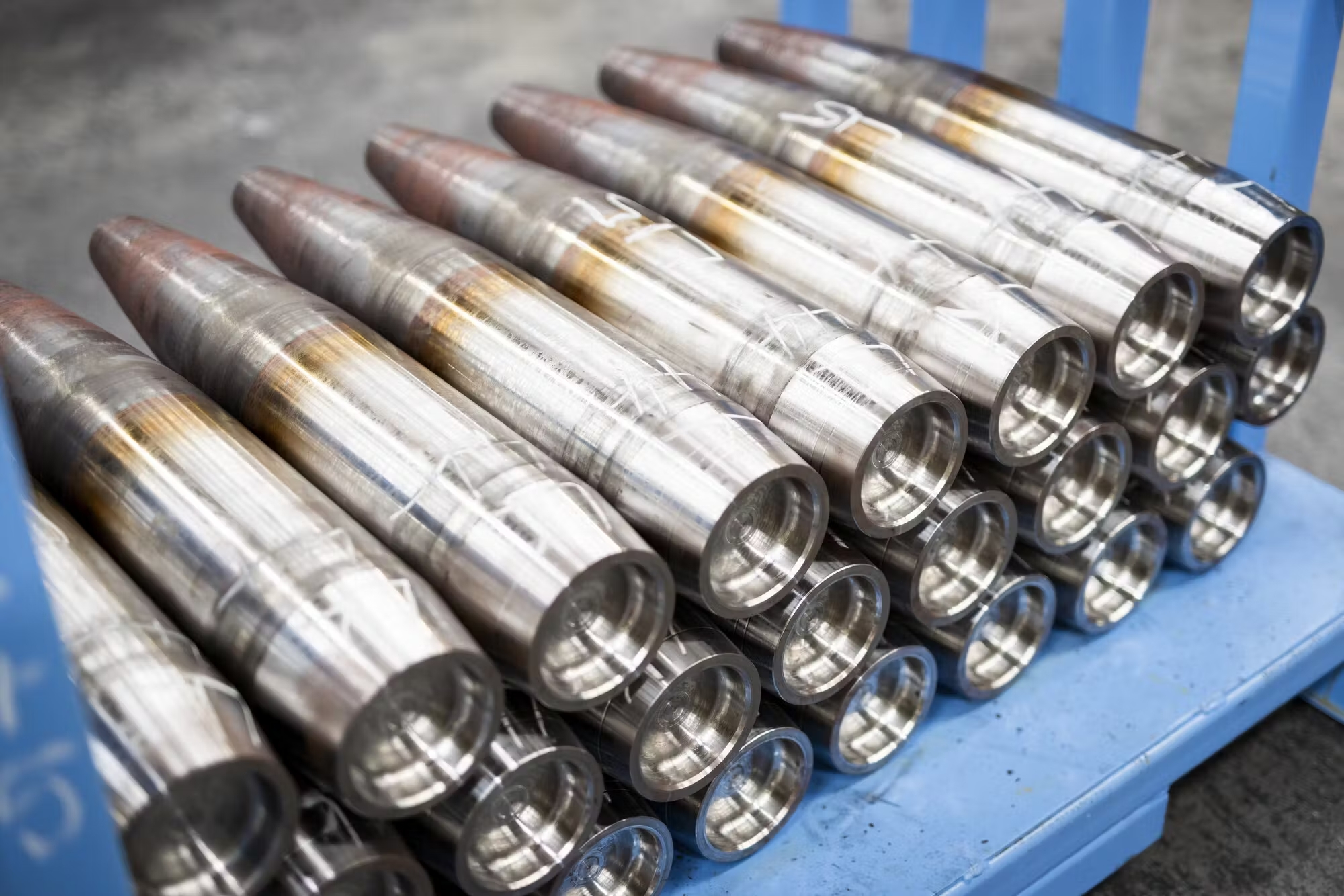
The lack of production may be explained by the fact that the government has not yet signed a contract with the manufacturer, but is currently planning to invest $600 million to modernize production lines and expand production.
In general, Canadian enterprises are able to produce 155-mm M107 shells, as well as the more powerful variant known as M-795.
Since the start of the full-scale invasion, Canada has delivered five separate shipments of 155-mm artillery ammunition to Ukraine, totaling 40,000 rounds. Half of them were purchased from the U.S. government, and the other half from the Canadian military.
As previously reported, NATO already has contracts worth €2.4 billion for the production of key munitions.
SUPPORT MILITARNYI
Even a single donation or a $1 subscription will help us contnue working and developing. Fund independent military media and have access to credible information.


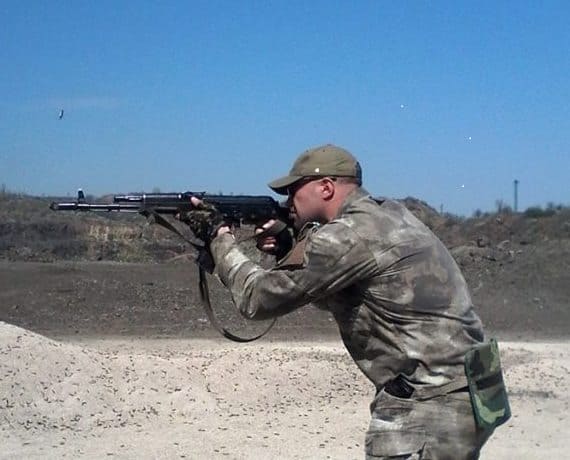 Urich
Urich 
 Андрій Харук
Андрій Харук 
 Контужений Безпілотник
Контужений Безпілотник 
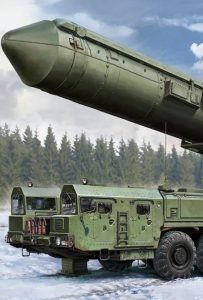
 Центр ініціатив ПЖ
Центр ініціатив ПЖ 
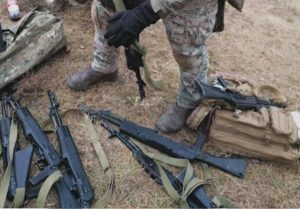


 Vadim Kushnikov
Vadim Kushnikov 
 Андрій Тарасенко
Андрій Тарасенко 
 Юрій Юзич
Юрій Юзич 
 Віктор Шолудько
Віктор Шолудько 
 Роман Приходько
Роман Приходько 




